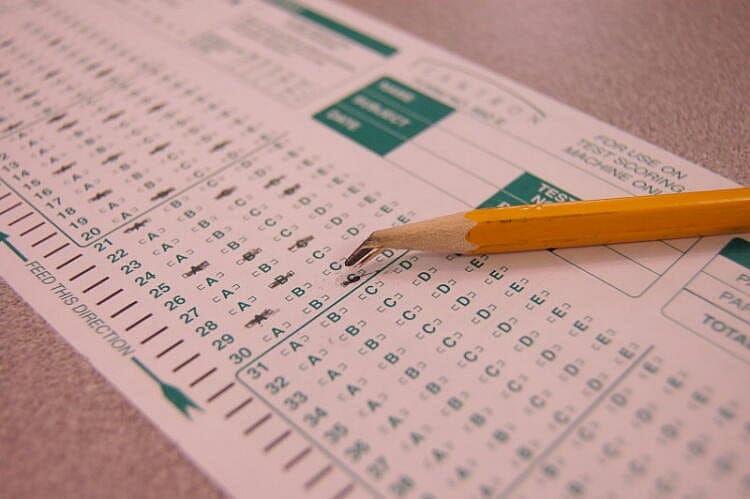Massachusetts Students Excel on MCAS and Global Standardized Tests, Study Says

Massachusetts students as of 10 years ago were not only excelling on the state's Massachusetts Comprehensive Assessment System exams but were also performing on par with some of the top-ranked education systems worldwide, according to a newly published study from Pioneer Institute.
The study compared MCAS results from 2001 to 2015 with scores from international assessments taken between 2007 and 2015.

